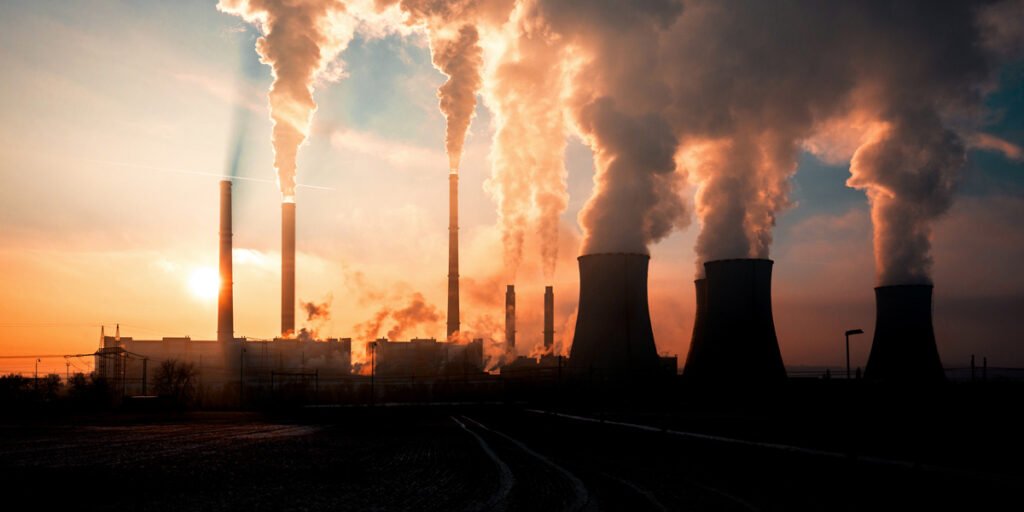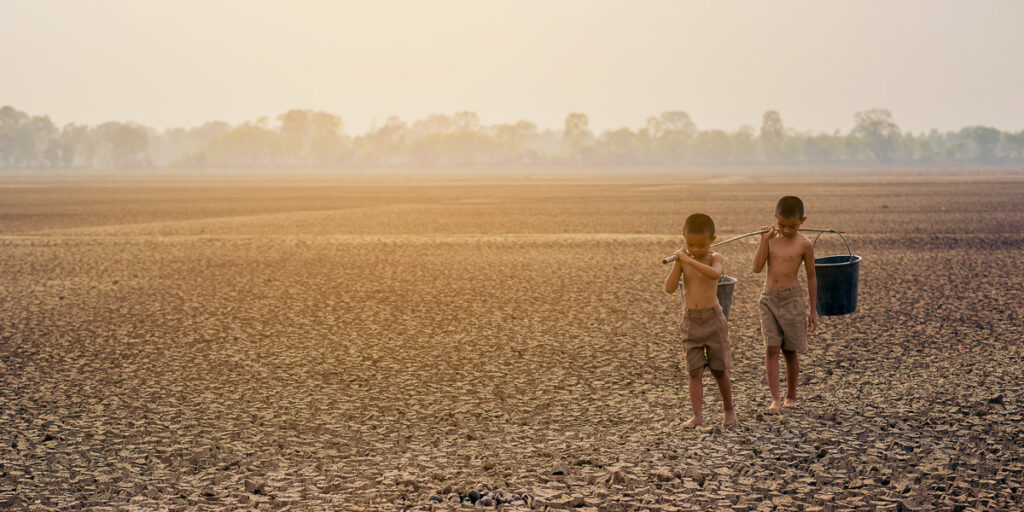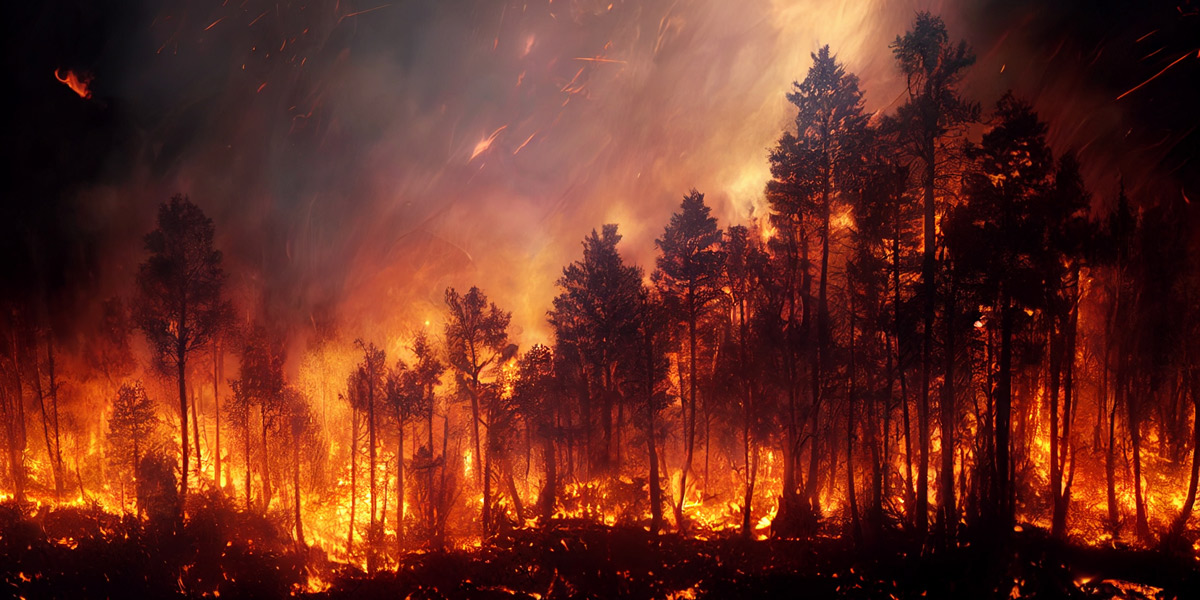Our planet is hovering on the brink of a severe climate catastrophe. Air pollution, particularly in major cities, is worsening, with citizens breathing in harmful particulate matter. If current greenhouse emissions continue unabated, we may soon find ourselves having to check air quality before stepping outside. We are falling behind the goals of the Paris Agreement, and the effects of climate change are becoming more intense and destructive. Despite ongoing efforts, it is evident that our approach has been insufficient.
The Cost of Inaction
Humanity has lost valuable time in the fight against climate change. If leaders and organisations had acted decisively in the early stages, today’s situation would be markedly different. Swifter action could have prevented extreme weather events, such as the unbearable temperatures in parts of Asia.
Record Temperatures and their impact

A report by the World Meteorological Organisation (WMO) and the EU’s Copernicus Climate Change Service highlights that 2022 saw record temperatures in multiple nations, extreme heat, droughts, wildfires, marine heatwaves, and unprecedented glacier melt in Europe. The “State of the Climate in Europe 2022” states that decades of accelerated heating have profoundly impacted the region’s socioeconomic fabric and ecosystem.
The intersection of poverty and climate change presents a critical challenge that demands comprehensive solutions. Unchecked climate change could push up to 130 million people into poverty within the next decade and force over 200 million to migrate within their own countries by 2050. The crisis affects the poorest people, who contribute the least to global emissions. The 74 poorest countries, responsible for less than one-tenth of global emissions, are the hardest hit.
The World Bank, as the largest multilateral financier of climate action in developing countries, plays a crucial role in addressing these changes. Through the International Development Association (IDA), the World Bank invests in clean energy and resilience projects tailored to local needs. In 2021, 61% of IDA’s climate finance supported adaptation, helping countries manage climate impacts and build resilience.
The Economic Consequences of Delayed Action

Since the 1980s, delays have made meeting the Paris Agreement goals, especially the 1.5 °C target, more difficult. If we had started in the 1980s, we could have gradually reduced emissions over decades, reaching net zero by the late 21st century. Starting now means halving emissions in the next 15 years and achieving net zero by 2060.
This delay has increased costs, with immediate mitigation efforts needing up to 3-5 % of global GDP by 2025. Each year of delay adds 0.3-0.9 trillion dollars to the future cost if we aim to meet the 2°C target. For the 1.5°C goal, the cost is much higher – 15-30 % of GDP by 2025. Had we started in 1980, the cost could have risen gradually and peaked at less than 20 % of GDP.
The Deloitte Global Turning Report supports these findings. It reveals that unchecked climate change could cost the global economy $178 trillion over the next 50 years, cutting global GDP by 7.6 % in 2070. However, a united global transition to net-zero emissions could boost the economy by $43 trillion by 2070. The report emphasises that swift, bold and widespread action across all sectors is essential. Delaying action is a far more expensive choice, significantly impacting the most vulnerable populations, reducing productivity, and lowering global living standards.
For example, a significant, environmentally focused initiative in the facilities management industry is the widespread implementation of green building certifications, such as the LEED (Leadership in Energy and Environment Design). One specific instance is the Empire State Building’s LEED Gold certification. The building achieved significant energy savings through a comprehensive retrofit project, reducing its carbon footprint by 40%.
Future Projections
Unchecked climate change is projected to increase average global temperatures by 2.8C, making floods, heat waves, and droughts far more common around the globe. These extreme climate events will result in routine human displacement, widespread hunger, and water scarcity.
According to Deloitte, global cooperation and regulation are vital for a successful low-carbon transition. The report also outlines four key stages of decarbonisation, highlighting the need for public and private sector collaboration, significant investments, and regional approaches to achieve a net-zero future by 2070.
In conclusion, the delay in addressing climate change has increased immediate costs, with immediate mitigation efforts needing up to 3-5 % of global GDP by 2025 and exacerbated long-term damage, highlighting the need for timely and effective measures. The Deloitte and WMO reports underline the critical need for urgent and comprehensive action. Global cooperation, effective leadership and significant investments are essential to mitigate climate change and foster a sustainable, resilient, and equitable future. The time for debate is over, it is the time for action now.
Sources
Climate inaction puts lives on the line: WMO
What the World Will Look Like in 2050 If We Don’t Cut Carbon Emissions in Half
Assessing the costs of historical inaction on climate change
Europe warming twice as fast as other continents, warns WMO
Deloitte research reveals inaction on climate change could cost the world’s economy US$178 trillion by 2070
Goal of the Month – Goal 13: Climate Action – United Nations Sustainable Development



